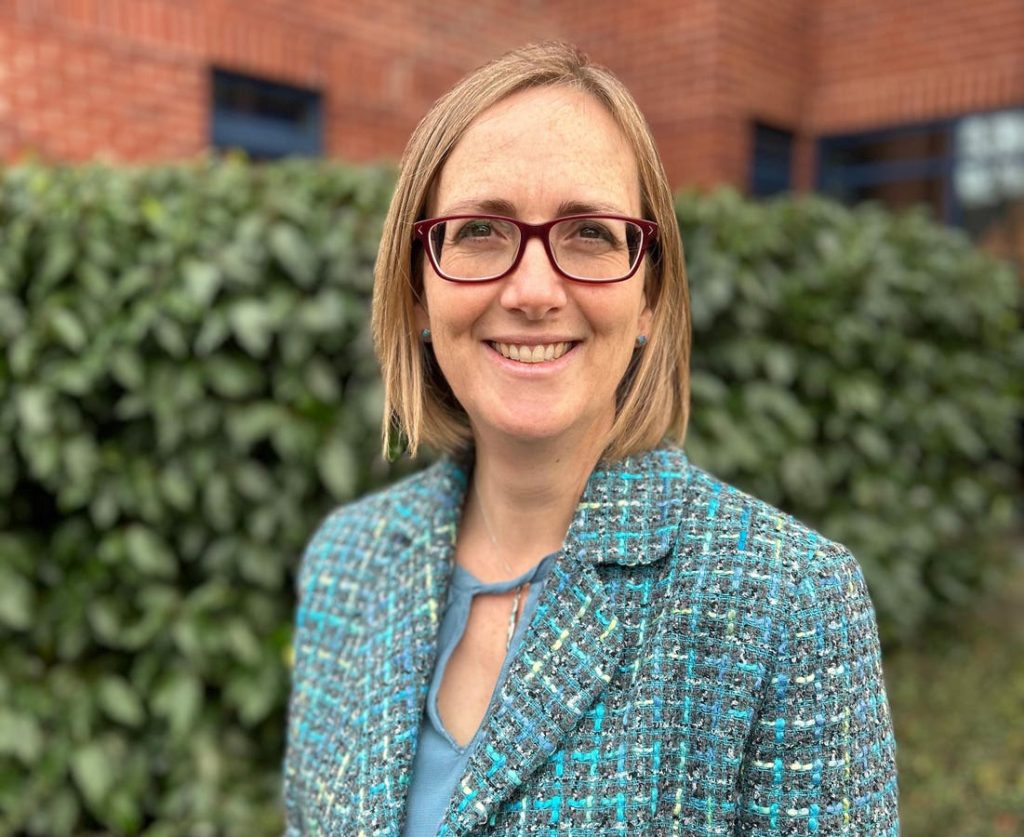This week, Oxford University hosted an event focusing on deep-tech startups, attracting around 50 investors to tour the city, visit science and innovation campuses, and connect with spinout businesses. This highlighted the need to attract capital to the innovation economy, specifically in sectors such as quantum computing, climate tech, AI, space, and energy. The event, hosted by Oxford University Innovation, aimed to showcase the potential opportunities and risks in these emerging technologies.
Oxford, along with Cambridge, is at the forefront of the U.K. university system and has a well-established startup ecosystem. With around 3,000 innovative companies in the region and 300 spin-out companies, the infrastructure supports research in vital technologies. However, the challenges of commercializing laboratory research into viable products and achieving commercial success remain common to all universities. Raising capital, especially translational funding to help researchers commercialize their work, is a significant struggle, and more government investment and business partnerships are needed to turn Britain into a science superpower.
Universities do have their own capital to support spinouts, with Oxford offering awards of up to £250,000 through the University Challenge Seed Fund. Though relatively small amounts, these funds have helped create 40% of the university’s spinouts. Yet, additional funding is required for Seed, Series A, and growth finance. Since 2010, spinouts from Oxford have raised £2.5 billion in external finance, and 10 are listed in London or New York. Increasing the flow of finance is an ongoing policy priority, with efforts to bring in more investors to support entrepreneurial endeavors.
Oxford University Innovation plays a proactive role in helping researchers identify use cases for technologies to facilitate finance and drive commercial success. Use cases may not always be straightforward, and researchers often go through an iterative process to determine the best application for their technology. For instance, Oxa, an autonomous vehicle software company, found its market in transfer pods at Florida airports rather than traditional cars. Through conversations with potential customers and support from entrepreneurs in residence, businesses can find suitable applications for their technologies.
On a policy level, pressure is mounting to ensure that Britain does not miss out on the commercialization of AI, quantum, and clean energy technologies. While universities are keen to commercialize the intellectual property developed in their labs, increased investment and funding remain crucial for success. Establishing partnerships with businesses, securing translational funding, identifying use cases for technologies, and attracting additional investors are crucial steps in bridging the gap between research and commercial success in the deep-tech startup ecosystem.


